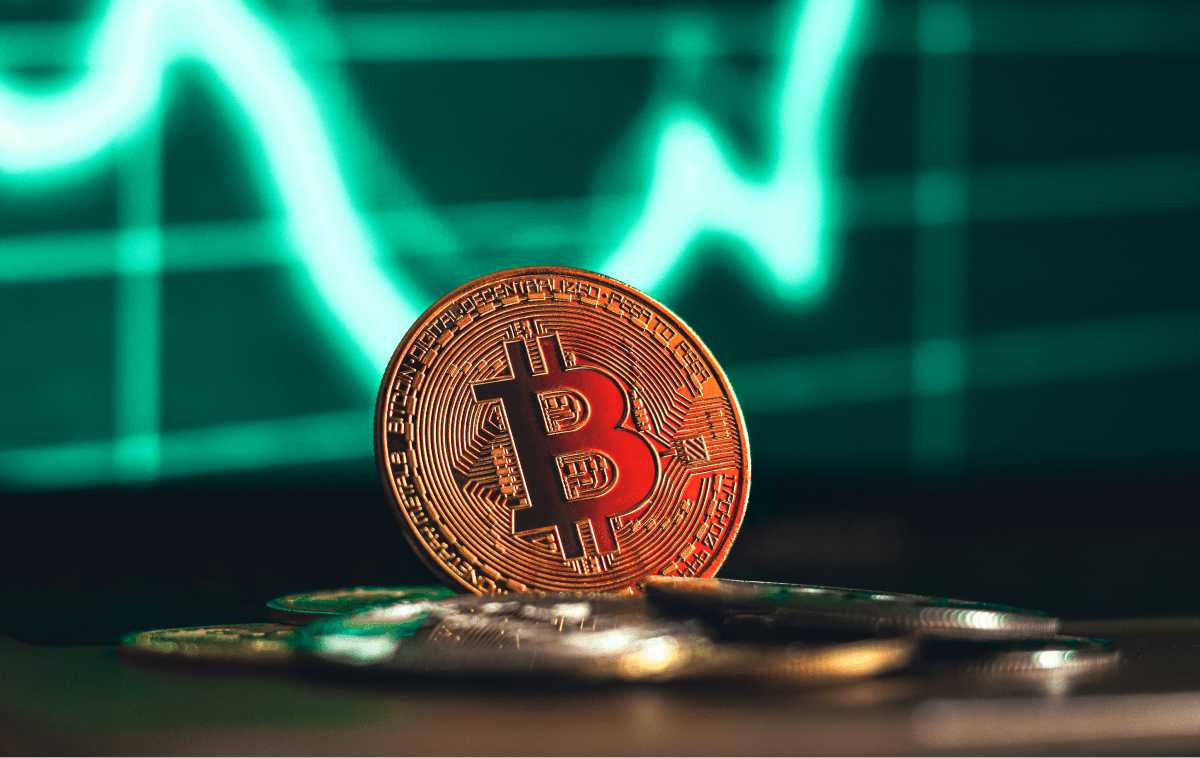How Crypto and DeFi Revolutionize Real-World Assets
The rise of cryptocurrencies and decentralized finance (DeFi) has brought about a paradigm shift in the way we perceive and interact with assets. Traditional finance has long been dominated by centralized institutions, creating barriers to entry and limiting economic freedom. However, the advent of blockchain technology and DeFi has paved the way for a more inclusive and democratized financial system, empowering individuals and giving them greater control over their assets.
One of the most significant advantages of DeFi is its ability to tokenize real-world assets, such as real estate, art, and commodities. By representing these assets as digital tokens on the blockchain, they become more accessible, divisible, and liquid. This process, known as asset tokenization, opens up new investment opportunities and allows for fractional ownership, enabling individuals to invest in assets that were previously out of reach due to high capital requirements.
Tokenization also eliminates the need for intermediaries, reducing transaction costs and providing greater transparency. Smart contracts, self-executing agreements on the blockchain, facilitate secure and trustless transactions, ensuring that the terms of the agreement are automatically enforced without the need for third-party intervention.
DeFi protocols and decentralized applications (dApps) built on blockchain networks enable a wide range of financial services, such as lending, borrowing, and trading, without the need for traditional financial institutions. This decentralized ecosystem empowers individuals to take control of their finances, providing access to global markets and opportunities previously restricted by geographical boundaries or institutional gatekeepers.
DeFi promotes financial inclusion by providing access to financial services to individuals and communities that have been underserved or excluded by traditional finance. With DeFi, anyone with an internet connection can participate in the global financial system, regardless of their location or socioeconomic status.
Another aspect of economic freedom enabled by crypto and DeFi is the ability to store and transfer value securely and efficiently across borders. Cryptocurrencies, being borderless and censorship-resistant, allow individuals to move their assets without the constraints imposed by centralized authorities or intermediaries.
While the adoption of DeFi and crypto is still in its early stages, the potential for economic freedom and democratization of finance is immense. As the technology matures and regulatory frameworks evolve, we can expect to see more real-world assets tokenized and integrated into the DeFi ecosystem, further empowering individuals and promoting financial inclusion on a global scale.
However, it is important to note that the decentralized nature of DeFi also comes with its own set of challenges and risks, such as the potential for market volatility, security vulnerabilities, and regulatory uncertainties. So how about we mitigate this risk and volatility by entering in an era of real worl assets (RWAs), enter VOY to the picture and lend defi to trade finance RWA traded assets such as coffee, sugar, soy, metals, global commodities that are currently set at a staggering $25 trillions dollar industry. This will change the finance world forever.
So lets spark some thoughts here a lay it down that crypto and DeFi with real-world assets is a game-changer, unlocking economic freedom and democratizing access to investment opportunities. By removing intermediaries, reducing barriers to entry, and promoting financial inclusion, this innovative technology is paving the way for a more equitable and empowering financial system.

